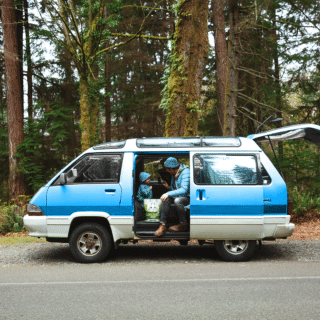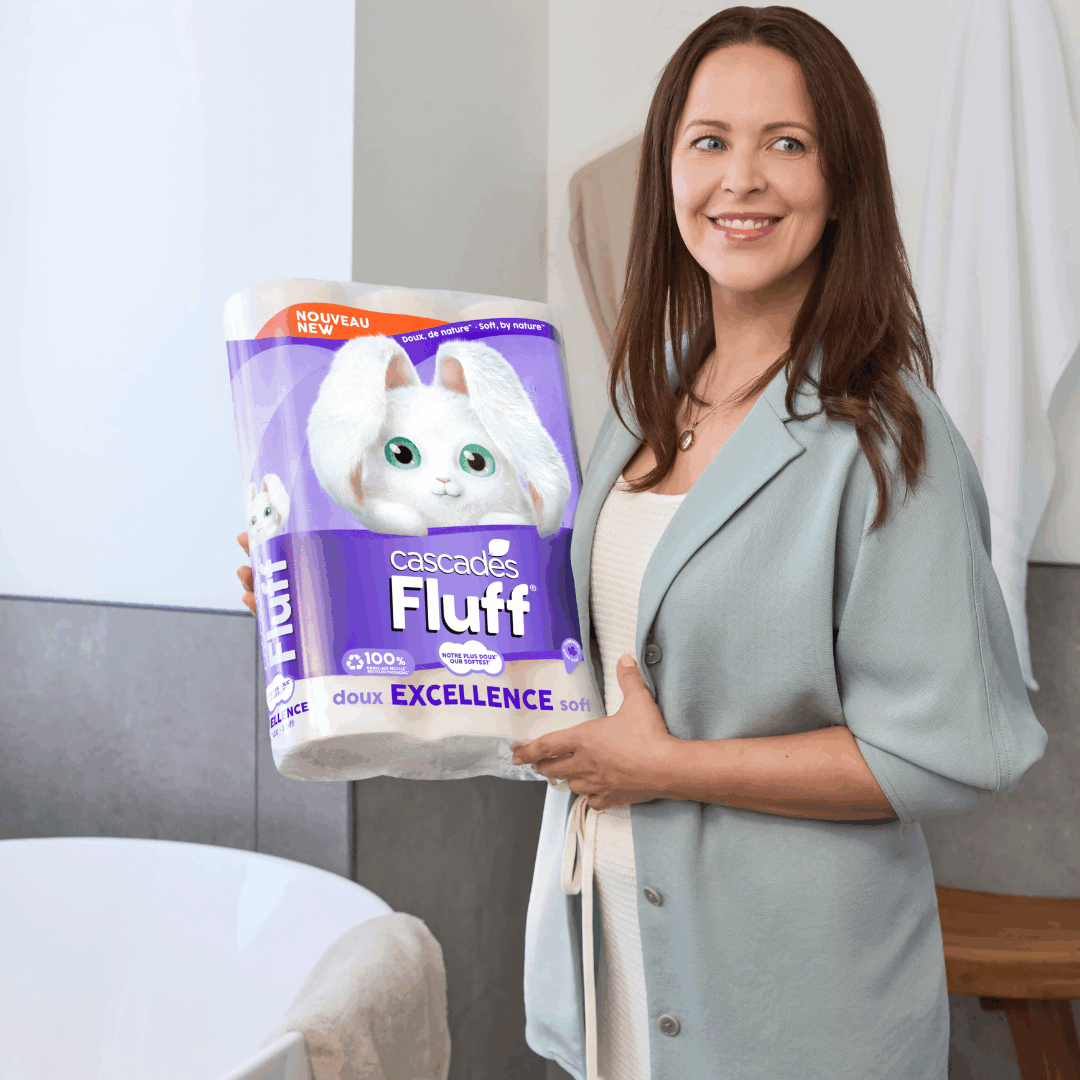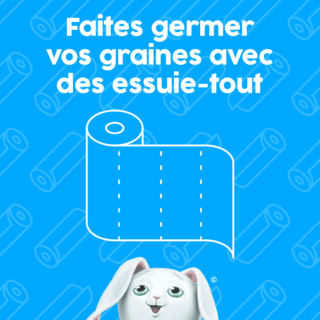When camping or on a road trip with a baby in diapers, it can be difficult to maintain environmentally responsible habits. It’s hard to travel light when you have to lug a whole suitcase of diapers and baby wipes with you. You manage to do it? I admire you. You’re rocking it! When I travel, I find it hard to disconnect from daily life if I have to visit the laundromat every three days.
Instead, I go for a compromise, and that’s what I am suggesting today: make your own disposable baby wipes. This is the balance I struck between simplicity and environmental responsibility. Plus, you don’t need much in the way of supplies, and you can do it in a flash!
Store-bought baby wipes are an environmental disaster…
Generally, store-bought baby wipes aren’t biodegradable because they are made from an alloy of paper fibre and plastic. Their convenience makes them easy to rely on far too much. When you flush them down the toilet, they become even more problematic.
Since they don’t degrade, they often cause blockages, sometimes resulting in damage to, or overflows in, the sewer system. You may remember the wastewater spill in the St. Lawrence River in 2015? That is one example of many of the possible environmental impacts of an overloaded wastewater system.
… and the ingredients aren’t all that harmless!
In addition to the impact on the environment, single-use, store-bought baby wipes often contain ingredients that should be avoided, such as synthetic fragrances, parabens and preservatives. They’re not a good idea for cleaning delicate areas over and over…
This is why I avoid them when cleaning my little guy’s bottom. More and more disposable baby wipes are available that contain safe, natural ingredients. But they are generally more expensive, not always biodegradable and often overpackaged.
The solution: make your own baby wipes

When you make your own baby wipes, you control the ingredients, keep packaging to a minimum and can rest assured that they are biodegradable.
You’ll need:
- liquid baby castile soap (found in health food stores and in the organic product aisle of most grocery stores, for example, Dr. Bronner’s);
- vegetable oil (sunflower, olive, grape seed, sweet almond or others)
- boiled water
- optional: a chamomile tea bag
- a roll of paper towels made with 100% post-consumer paper, such as Cascades Tuff Enviro
Instructions
- Boil the water.
- Measure out one cup (250 ml) of water. Steep the chamomile tea bag for around 5 minutes (optional). This will add emollient and anti-inflammatory properties to the cleanser.
- Add 1 tbsp (15 ml) liquid castile soap and 1 tsp (5 ml) vegetable oil. Mix well.
Assembly
With a serrated knife such as a bread knife, cut the roll of paper towels to the desired height so that it fits in a circular, airtight container. I use a wide-mouth Mason jar (500 ml). A third of a roll fits perfectly inside.
Insert the roll into the container. Depending on the size of the container, you may need to remove a few sheets so that it fits in the opening. Don’t forget that once the paper towel is wet, it will expand a little. The roll shouldn’t be squeezed too tight or you will have a hard time unrolling the wipes.
Pour half the cleanser over the roll. Let sit for around 5 minutes, turning the container over a few times to allow the paper towel to absorb all the liquid. You can add more liquid as needed. I find the amount indicated sufficient. I like to keep the rest of the liquid in a spray bottle or a foam pump for more explosive diaper changes…
Once the paper towel has soaked up the liquid, remove the cardboard roll from the centre. Find the end of the wipes at the centre, pull upward and tear off the desired amount. That’s all there is to it!
Storing them
The mild cleanser keeps for one week at room temperature. The same goes for the baby wipes.
You can use the cleanser with your washable wipes, which is obviously the most environmentally friendly solution. If, like me, convenience is the watchword for your summer getaways, you’ll be happy to now have a more environmentally friendly and economic alternative to store-bought disposable wipes.











